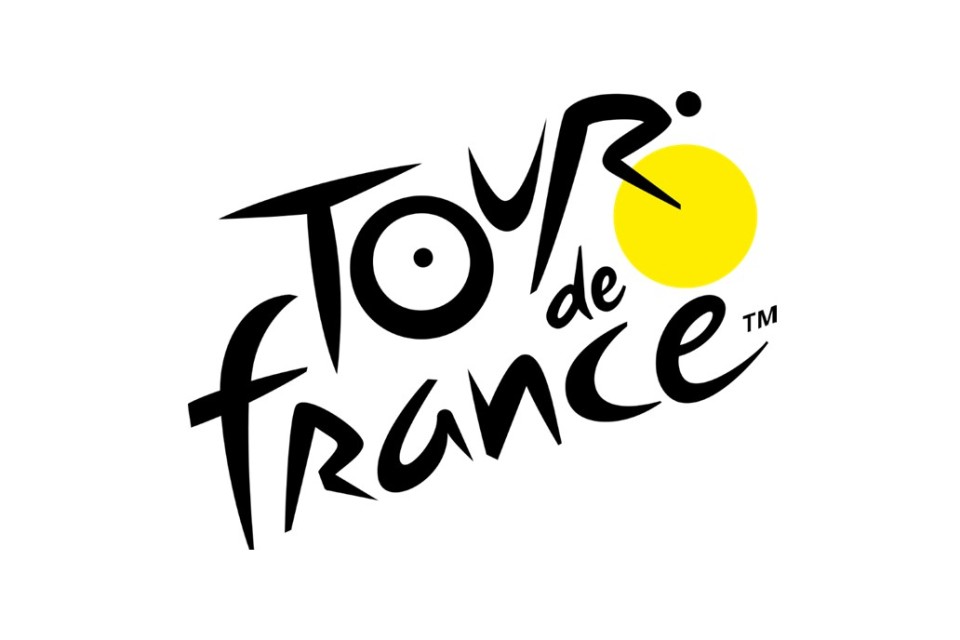Wed, May 13, 2020
Understanding the Effects of Covid-19 upon Athlete Mental Health
To optimise for archiving, the original image and related documents associated with this article have been removed.
Understanding the Effects of Covid-19 upon Athlete Mental Health
The first case of novel coronavirus (COVID-19) was diagnosed in December 2019 but rapidly swept across the world. The effect upon professional sport has been unprecedented. Even the Olympic Games were postponed, something that has not happened since the Second World War. Outside of pandemics, fluctuations in athlete mental health are well recognised at major ‘sporting life events’ such as retirement, loss of selection or injury. Worldwide physical distancing measures have, effectively, deselected every athlete.
Of course, athletes are people first, like everyone else. Some have lost loved ones or colleagues. There are a broad range of psychosocial problems that are known to ‘tail’ large-scale disasters for all of us, including depression, posttraumatic stress disorder (PTSD), problem substance use and gambling behaviour. The most powerful determinants of mental health in any group, whether inside or outside of sport, are those basic societal building blocks such as housing, employment conditions and community networks.
Some factors are more specific to sport, however. Financial implications resulting from the absence of the competitive sporting economy are severe. In particular, elite youth and ‘pathway’ sport is at risk, as are those sports who already enjoy few resources.
Individual athletes differ widely. Some athletes have signed for new teams at the perfect time, others have found themselves without contract renewals that could otherwise have been offered. Some young athletes have relished an extra year to build and prepare for Tokyo. Others who had planned to retire in 2020 now fear that 2021 will be one year too long to wait. Some team players have relished an unplanned opportunity to work upon their weaknesses in private. Others have struggled with isolation from their sporting group or confinement inside difficult family systems. Some athletes who were already managing mental ill health have felt relief at the removal of any expectation to compete. Others perceive catastrophe at a loss of hard-won momentum, of short-term opportunity or an inability to continue to rely on high levels of physical activity as their usual self-care strategy.
Every athlete, from weekend warrior to top professional, has had to reassess their immediate sporting goals. The self-worth and self-esteem of athletes, more so than others, can be tightly bound to their identity as a competitor. Absence of competition or uncertainty about when this might return has resulted in doubt and negativity rise among many. Elite athletes frequently wake early to train. Disruption to highly organised schedules disrupted sleep-wake cycles and routines. Difficulty falling asleep: waking and having trouble getting back to sleep; unexplained tiredness despite no competition; are commonplace.
Certain condition specific problems become of acute importance during lockdown. Some people with disordered eating, often in aesthetic or combat sports, have had to fight harder to control compulsions to binge when self-isolating with ready access to their fridge. Others struggle to avoid the temptation to restricted food intake through fears about body weight changes when facing reduced training loads. Those with obsessions and compulsions ‘OCD’, particularly around contamination and hygiene, have found public health advice about regular hand washing difficult to reconcile with the need to avoid behaviours linked to those concerns. Athletes, although often assumed otherwise, are not infrequently among vulnerable groups at higher risk from COVID-19 due to existing health conditions. Many athletes have asthma; some take immunosuppressants; Paralympic athletes may have complex physical health needs. This knowledge fuels real and justified anxieties which, nevertheless, can become unhelpful and persistent. 24-hour news cycles covering the effects of COVID-19 around the globe have meant that the sharing of others’ distress and worry has been constant and exhausting. Some athletes fell foul of the impact of mass media and social media, singling them out for trolling or widespread criticism as a result of something posted or revealed.
A small number of athletes found that a search for escape from negative emotions through substance use arose, resulting in an anti doping rule violation. For some, their mental health during this period will represent a genuine and real mitigating factor. Not all athletes have ready access to psychological and mental health support services.
There is cross-cultural difference in responding to and coping at the individual, family, and interpersonal level. Personality and coping resources among athletes influence their stress response during times of prolonged adversity. For example, high levels of perfectionism can make missed goals more distressing. Similarly, a predisposition towards emotional rather than problem-based coping styles can also cause increased stress reactivity. This results in both physiological activation (leading to muscle tension) and attentional disruption (causing alterations in visual field use or distractibility). For these reasons COVID-19 will almost certainly have its own influence upon near term injury likelihood and outcome.
As people who are frequently on tour, play away games or who train abroad, athletes often find that internet interventions, remote video-based support, digital treatments, tools and apps allow access to care that they would otherwise go without. In the COVID-19 pandemic; as with much of society; professional sports people have seen the utility and effectiveness of digital support demonstrated further still. Clinical emergency protocols to manage acute risk related to mental health problems have also been in place.



